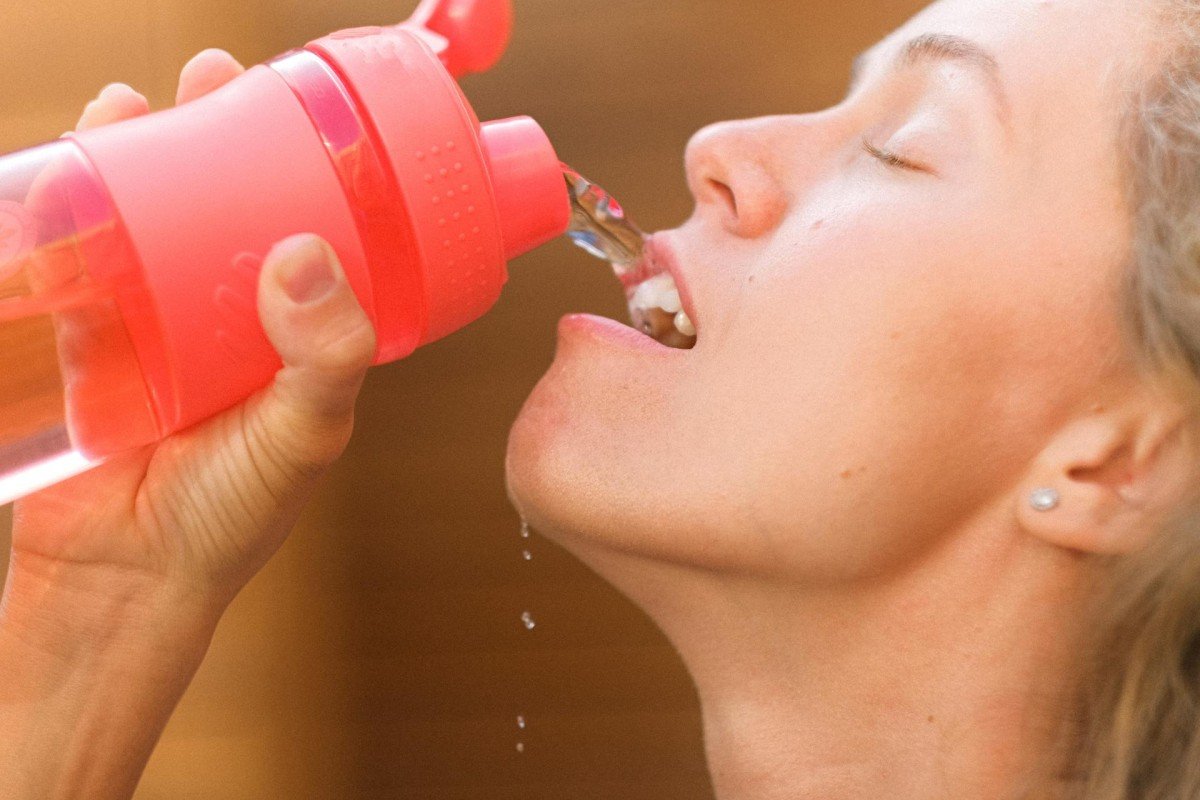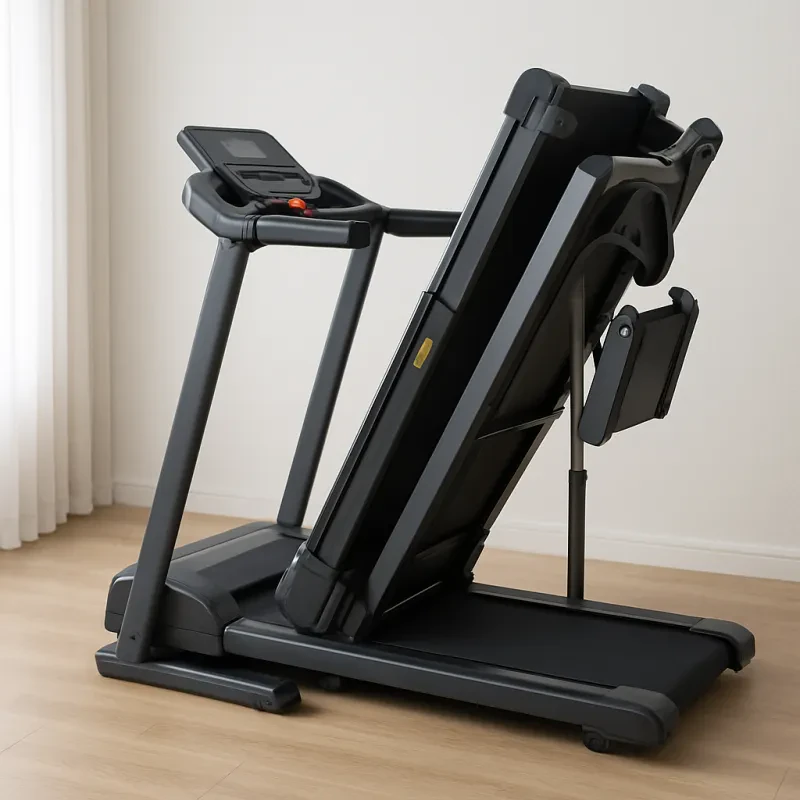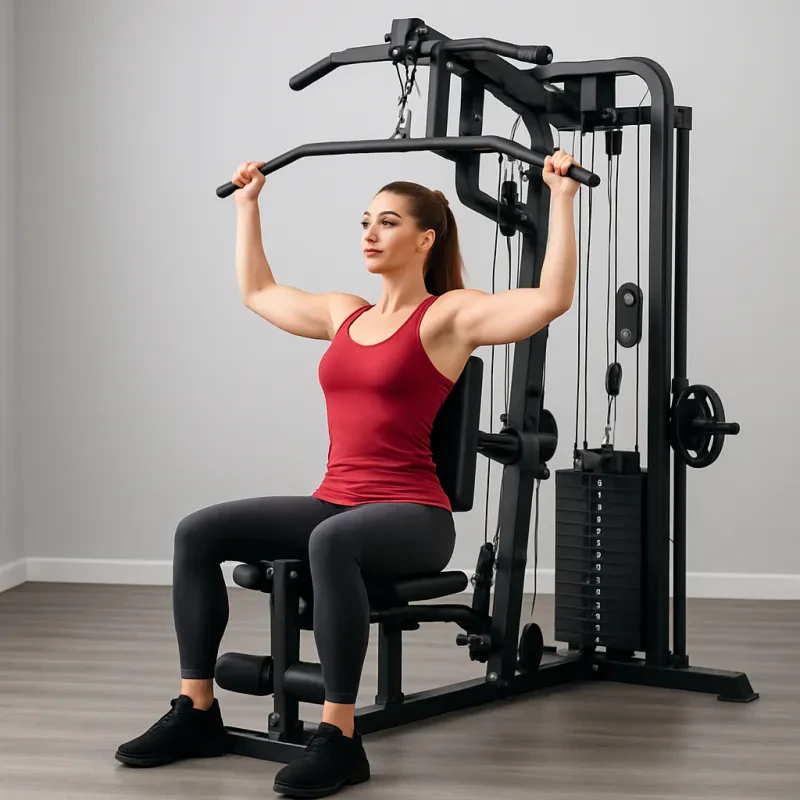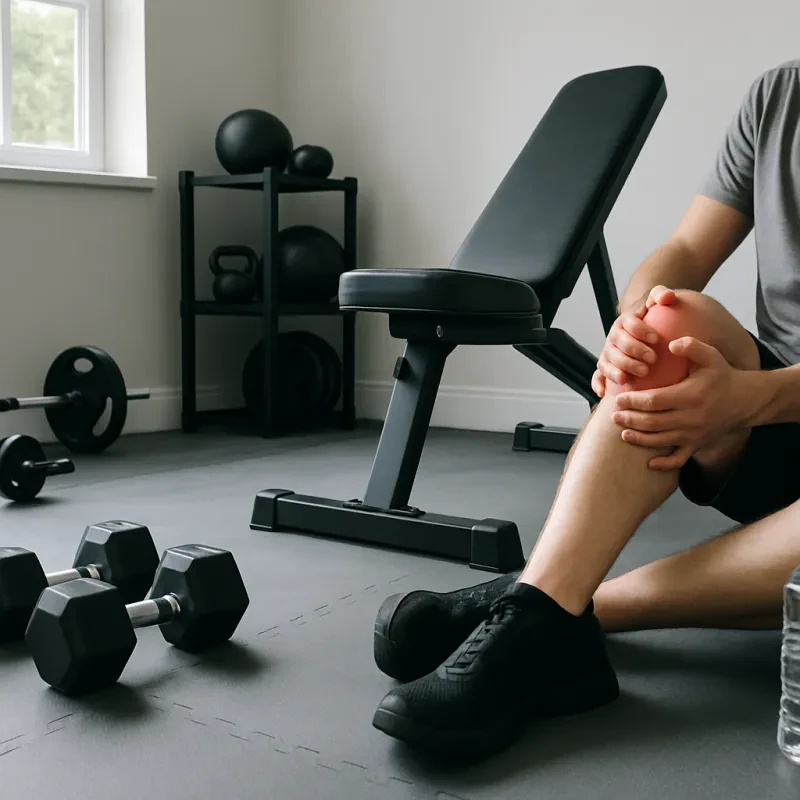🧠 Why Hydration is Essential for Your Home Fitness Routine
Whether you're doing a high-intensity HIIT session, a relaxing yoga flow, or resistance band strength training in your living room, hydration is just as important as the workout itself. Your body is made up of roughly 60% water, and every single cell relies on it for function and recovery.
Yet, many people skip proper hydration, especially during at-home workouts, where sweat loss may be underestimated.
Here’s the deal: If you're not hydrating before and after your workout, you're risking:
-
Muscle cramps
-
Headaches
-
Fatigue
-
Slower metabolism
-
Increased risk of injury
Let’s explore why hydration matters, not just for elite athletes, but for anyone working out at home looking to build strength, burn fat, and stay energized.
📈 You Are Looking For
-
Hydration before and after workout
-
Benefits of drinking water for fitness
-
Home workout hydration
-
Importance of hydration in exercise
-
Pre and post workout water intake
-
How to hydrate properly
-
Water and muscle recovery
-
Best drinks after workout
💪 What Happens to Your Body When You Work Out?
During exercise, your body:
-
Raises its core temperature
-
Begins to sweat (to cool down)
-
Loses fluid through breathing and perspiration
-
Increases blood flow to muscles
-
Uses electrolytes for muscle contraction
If you’re not replacing lost fluids, the following can happen:
-
Blood thickens
-
Heart rate increases
-
Fatigue sets in faster
-
Coordination drops
-
Recovery slows down
This is especially true for home workouts, where many people forget to hydrate due to a more casual setting.
💧 Why You Need to Hydrate Before a Workout
✅ 1. Prepare Your Muscles for Movement
Muscles are about 75% water. When you’re dehydrated, they don’t contract as efficiently, increasing your risk of cramps and strains.
💡 Tip: Drink 16–20 oz (about 500–600 mL) of water 2–3 hours before your workout.
✅ 2. Boost Energy and Endurance
Water helps with nutrient transport and oxygen circulation. A hydrated body performs better, especially in cardio-heavy home workouts like jumping jacks, burpees, or treadmill intervals.
✅ 3. Prevent Dizziness and Fatigue
Even 2% dehydration can impair physical performance. It can also cause mental fog, making it harder to follow instructions in virtual fitness classes or video-guided routines.
💧 Why You Need to Hydrate After a Workout
✅ 4. Replenish Fluids Lost Through Sweat
After you sweat, your body is in a state of temporary fluid deficit. If not corrected, this leads to dehydration, headaches, muscle soreness, and fatigue.
💡 Tip: Weigh yourself before and after a workout. For every pound lost, drink 16–24 oz of water (475–710 mL).
✅ 5. Accelerate Muscle Recovery
Post-workout hydration improves nutrient delivery to cells, helps flush out lactic acid, and reduces inflammation, all crucial for recovery, especially after resistance training or core work at home.
✅ 6. Support Metabolism and Fat Loss
Water supports lipolysis, the process your body uses to burn fat. If you're training at home to lose weight, hydration is your secret weapon.
🚰 Water vs. Sports Drinks: What Should You Drink?
🥤 Choose Water If:
-
Your workout is under 60 minutes
-
You're doing light/moderate intensity (e.g., yoga, pilates, walking)
-
You're not sweating heavily
⚡ Choose an Electrolyte Drink If:
-
You're training for over an hour
-
You're sweating a lot (HIIT, cardio, strength circuits)
-
You experience frequent muscle cramps
⚠️ Avoid sugary sports drinks unless you're doing extended high-intensity workouts. Opt for low-sugar electrolyte tabs or add a pinch of Himalayan salt to water with lemon.
📌 How Much Water Do You Need Daily for Fitness?
General recommendation:
-
Men: 3.7 liters (125 oz) per day
-
Women: 2.7 liters (91 oz) per day
When working out, add:
-
16–20 oz (500–600 mL) before
-
4–8 oz (120–250 mL) every 15–20 minutes during exercise
-
24 oz (700 mL) or more after exercise
💧 Use a reusable water bottle with markings to stay accountable throughout the day.
🏋️ Common Hydration Mistakes in Home Workouts
-
❌ Skipping pre-workout hydration
Many people only drink after they feel thirsty, which means they’re already dehydrated. -
❌ Relying only on thirst
Thirst is not a reliable early indicator. You might already be down 2–3% body weight in fluids by the time you feel it. -
❌ Drinking too much all at once
Chugging a liter of water post-workout may cause bloating. Sip consistently throughout your day and session. -
❌ Forgetting electrolytes
Water is important, but you also need potassium, sodium, and magnesium for recovery and muscle balance.
🔁 How Hydration Enhances Different Types of Home Workouts
| Workout Type | Hydration Benefit |
|---|---|
| Strength Training | Aids muscle contractions and prevents cramps |
| HIIT Workouts | Helps thermoregulation and endurance |
| Yoga/Pilates | Improves joint lubrication and spinal fluid circulation |
| Core Workouts | Maintains muscle tone and oxygen transport |
| Walking/Treadmill | Replaces water lost through steady-state sweating |
📣 Hydration and Fat Burning: The Secret Connection
Most people overlook that hydration directly affects fat metabolism. Dehydrated cells are less efficient in breaking down fat molecules.
In fact, studies show that drinking 500 mL (17 oz) of water 30 minutes before meals can:
-
Boost metabolism by up to 30%
-
Help regulate appetite
-
Increase calorie burn at rest
🔥 Want to lose fat during home workouts? Don’t skip your water!
✅ Hydration for Home Fitness: Action Plan
Before Workout (1–2 hours):
-
Drink 16–20 oz (500–600 mL) of water
-
Avoid caffeine-heavy drinks unless you're used to them
During Workout (every 15–20 minutes):
-
Drink 4–8 oz (120–250 mL) of water
-
Sip rather than gulp
After Workout:
-
Rehydrate with 24+ oz (700+ mL) of water
-
Add electrolytes if you sweat a lot
🤔 FAQ: Hydration and Fitness
Q1: Can I drink too much water before working out?
Yes. Overhydrating (aka hyponatremia) dilutes sodium in your blood and may cause nausea or dizziness. Stick to 16–20 oz before workouts.
Q2: Is it bad to drink cold water during a workout?
No, cold water can actually help reduce core temperature. Drink what feels comfortable.
Q3: Should I drink water even if I don’t sweat much at home?
Yes! You still lose fluids through breathing, skin, and heat regulation, even in air-conditioned spaces.
Q4: Are hydration needs different in winter?
You may sweat less in cold weather, but your hydration needs remain high due to dry air and metabolic activity.
🔚 Hydrate Like an Athlete, Even at Home
Hydration isn’t optional, it’s essential to your energy, metabolism, endurance, and recovery.
Whether you’re doing a 20-minute dumbbell circuit in your garage, an early morning treadmill walk, or a stretch session on your mat, proper hydration will:
✅ Elevate your performance
✅ Speed up recovery
✅ Prevent injuries
✅ Help you burn fat and stay lean
So next time you roll out that yoga mat or hit "play" on your favorite home workout video, make sure a water bottle is right by your side.



